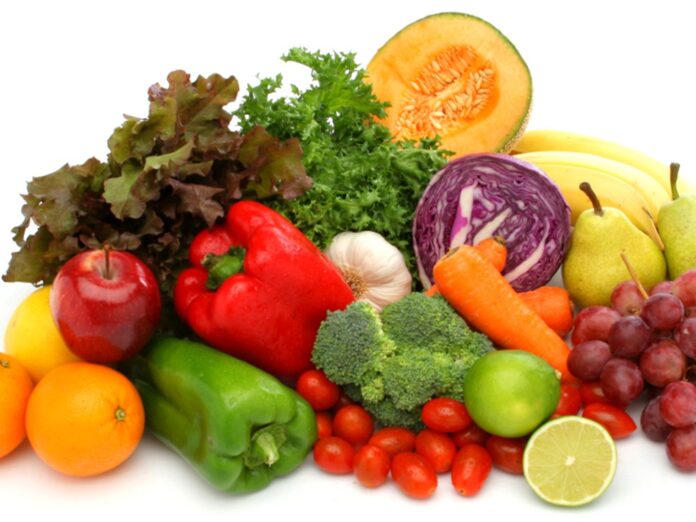
8 September 2022 – Bridgetown, Barbados – The United Nations’ Sustainable Development Goals (SDG) Fund Joint Programme “Resilient livelihoods and food security through data, digitalization and sectoral linkages” has been approved for implementation in the
Commonwealth of Dominica and St. Vincent and the Grenadines. The Joint Programme will be led by The Food and Agriculture Organization of the United Nations (FAO) and implemented jointly with the World Food Programme (WFP), with oversight from the Resident Coordinator Office and in partnership with the governments of the Commonwealth of Dominica and Saint Vincent and the Grenadines.
The Joint Programme (JP) aims to contribute to resilient livelihoods and food security through data, digitalization, and sectoral linkages. The two (2) year JP will draw on the power of data, information systems, and sectoral linkages to mitigate the impacts of climate change and related shocks at the household, community, and national levels, promote and protect food security, livelihoods and strengthen resilience in a gender-responsive manner.
The JP will simultaneously improve the awareness and access of vulnerable people and communities to available social protection programmes and agriculture risk management practices/ technologies and help them to make better choices by accessing more information and knowledge.
Specifically, the anticipated results of the JP are: Communities most vulnerable to impacts of climate change benefit from improved early warning, risk and vulnerability data, and geospatial information systems, which include linkages to agricultural, disaster risk management, and social protection policies, systems, and financing.
Digital data systems, assessments, and national registries on farmers, fishers, and vulnerable households are enhanced, including protocols for their use in the event of shocks to advance and protect livelihoods, food security, and development/recovery gains and ensure no one is left behind.
- Some of the most vulnerable farmer/fisher households enhance their resilience and food security through improved linkages between agricultural and social protection sectors, expanded market and climate information services, improved farm/fisher data, and more
inclusive risk management practices (including diversification), which consider differentiated opportunities, risks, and impacts facing women and men.
The regional partners of the project include The Caribbean Disaster Emergency Management Agency (CDEMA), The Organization of Eastern Caribbean States (OECS), The Caribbean Community (CARICOM), The Caribbean Agricultural Development Institute (CARDI), The Inter-American Institute for Cooperation on Agriculture (IICA), The Caribbean Institute for Meteorology and Hydrology (CIMH), and the University of West Indies (UWI) system. - Meanwhile, the executing agencies include The World Food Programme and the Food and Agriculture Organization of the United Nations, while the National Coordinating Authorities are the Ministry of Blue and Green Economy Agriculture and National Food Security in the
Government of the Commonwealth of Dominica, and Ministry of Mobilization, Social Development, Family, Gender Affairs, Youth, Housing, and Human Settlement in the Government of St. Vincent and the Grenadines.
For more information, please contact:
Carla Alleyne, WFP Caribbean Multi-Country Office, Carla.alleyne@wfp.org, +1 246 467 8085. Marquita Sugrim, FAO Sub-Regional Office for the Caribbean, MarquitaJuanne.Sugrim@fao.org, +1 246 262-7044. Carol A. Gaskin, United Nations Resident Coordinator’s Office, Carol-ann.gaskin@un.org,+ 1 246 467-6110

